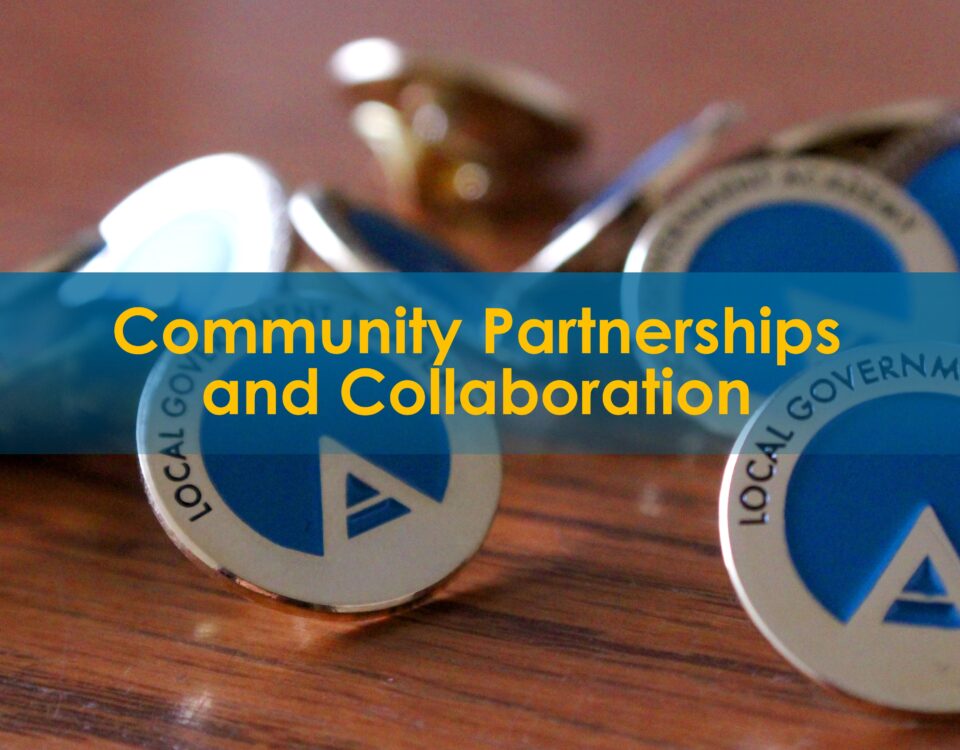
Introducing Coro Pittsburgh Fellow Christina
December 29, 2020
Join the Leadership Circle
February 1, 2021Fighting Blight and Maintaining Community Identity



In partnership with several counties, local municipalities, and non-profits, Local Government Academy has launched a new initiative to document the presence of blight and build capacity to remove its presence from our local communities. My name is Kellie Lesniak, currently a senior at Washington & Jefferson College studying Political Science, and I am interning with the Local Government Academy to support the Blight Mitigation Initiative, which is a regional approach to combatting the negative effects of abandoned and deteriorated properties.
The hallmark of the initiative is centered on data collection through surveys that evaluate the quality of a structure’s setback, siding, foundation, windows, chimney, roof, soffit, fascia, and gutters. For vacant properties, the surveys address dumping, fencing, lot usage, and safety hazards such as unhealthy trees, pests, and invasive species. The categories are evaluated on a 1-3 scale, a 1 signifying no wear or damage, and a 3 noting significant blight and structural issues.
Starting in November 2020, I began the data collection process in the former coal patch communities of Nemacolin and Crucible in Greene County. While I had never visited these communities before, I learned a significant amount about their complicated and intricate history during this project. These communities were built by large coal companies as housing for coal mine workers, and today are deeply affected by the loss of the coal industry.
With the COVID-19 pandemic persisting, more Americans are working from home and learning remotely, making safe and affordable housing more important than ever. Being a part of the Local Government Academy and the Blight Mitigation Initiative has been a humbling experience for me that has demonstrated the necessity of safe and functional housing. In addition, it has shed light on how our local municipalities are actively working to address blight through community grants, low interest rate loans for home improvement, and the creation of redevelopment authorities to address blight.
Seeing firsthand how close-knit Nemacolin and Crucible communities are, it made the experience more special for me. While performing data collection, community members were interested in the project and the redevelopment of the communities. A resident provided us a deeper history on these communities and the people living in them and spoke to us as if we were neighbors instead of visitors. The conversation with this community member was incredibly impactful and changed the way I viewed the communities of western Pennsylvania.
I am excited to be a part of the Blight Mitigation Initiative and know my work is providing a pathway to redevelopment and recultivating unique community identities. The initiative has also given me the opportunity of a unique, hands-on learning experience in local government.
– Kellie Lesniak, Blight Mitigation Intern


